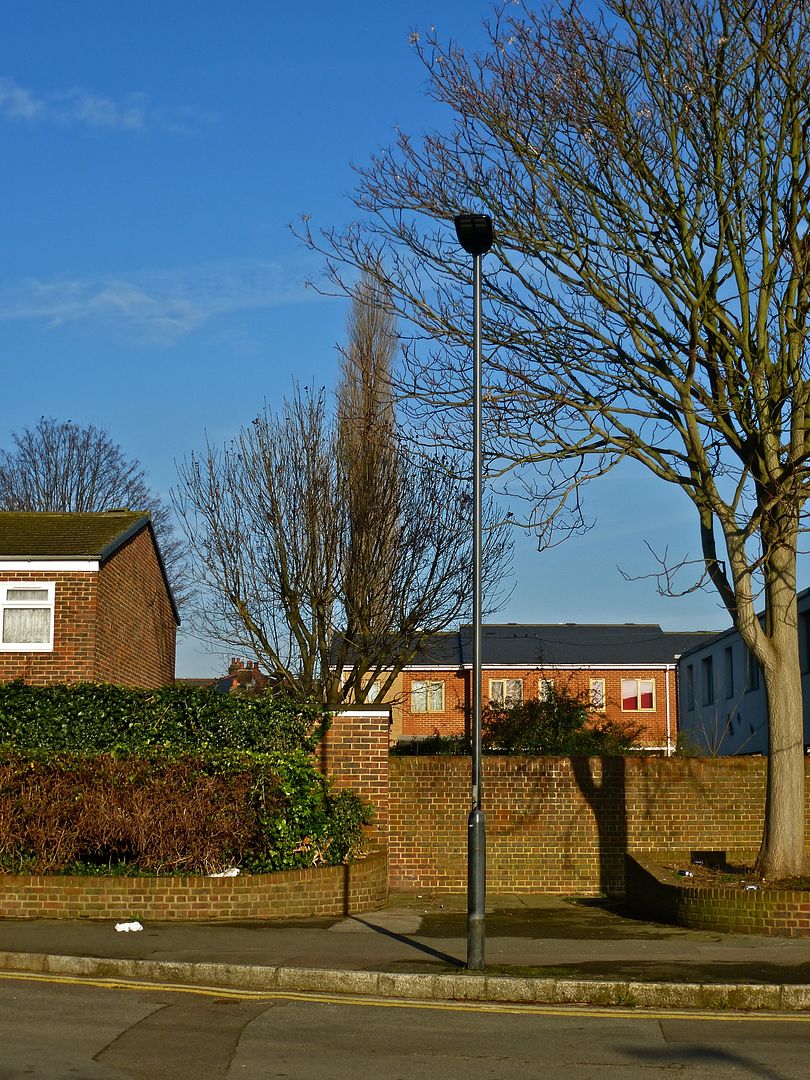For decades, most of my favourite things were made of vinyl. I've been collecting* seven-inch singles for over 50 years now, since I was 13 or 14. The time elapsed means I can't actually be certain, but I've long believed that the first three singles I bought for myself (as opposed to being given some cash to buy some records for the family at Xmas) were
Telstar by the Tornados on Decca,
Love Me Do by the Beatles** on Parlophone and
He’s a Rebel by the Crystals on London American. My love for the work of Joe Meek, Wales’s greatest-ever contributor to popular music and the creator of
Telstar, remains undiminished, if marginal, while the Beatles’ march to glory over the bodies of the R&B classics they eviscerated on their early albums left me cold: the Crystals single, however, was a hallmark of things to come. To this day, I regard Phil Spector – his manifest failings as a human being notwithstanding – as the single greatest figure in music in my lifetime. I literally do not know of a single one of his auteur productions (I don't count his turd-polishing antics for the Beatles) that is less than very good: most are outstanding, and a good dozen or so would walk into my all-time top 50, if I wasn’t too old for that sort of thing.
One,
I'll Never Need More Than This, nominally by Ike & Tina Turner but actually more a collaboration between Ellie Greenwich (writer), Phil, Jack Nitzsche (arrangement) and the Wrecking Crew (peerless noise), with vocals by Tina, remains as my favourite three and a half minutes of music.
The song itself is about the female orgasm and
the twin realizations that every epiphany contains the seed of
knowledge that you can look forward to nothing better, and that the sense
of loss once you let go of it will be extraordinary.
The arrangement is punctured by a bubbling and tumbling bass line, great
work from Hal Blaine, two extraordinary climaxes that eclipse those in
River Deep Mountain High, massed saxophones surfing a tsunami of strings, and a great
faded-out coda, where the Ikettes – or, knowing Spector, The Blossoms or another session vocal group – let us down easy with some la la las.
And you can dance to it.
This was the last single on Phil’s US label Philles, and like all but a handful of them, was released in the UK on London American Recordings, a Decca-owned label that leased its material from a great many iconic American outfits, including Chess (Chuck Berry), Specialty (Little Richard), Cadence (the Everly Brothers), Sun (Johnny Cash & Jerry Lee Lewis), Laurie (Dion & the Belmonts), Liberty (Eddie Cochran & Timi Yuro), Monument (Roy Orbison) and Atlantic (Ben E King, the Drifters, Ray Charles, etc) and just about had the English market in doo-wop, nascent soul and rock & roll sewn up. I always snapped them up when I came across them in junk shops, because the label was more or less a guarantee of excellence, Lawrence Welk and the Chipmunks notwithstanding.
It wasn’t only what was in the grooves, either: the label itself was a beautiful thing in all its incarnations. In the mid Fifties, it had gold italic script over a black background, changing to silver italic on black and finally, classically, throughout the 1960s, black with reversed-out silver/white roman script on most of the label, toppped by a silver/white sectant with the label name in black.
On Christmas Eve 1964, my parents and I moved house from Tottenham to Ware, 20 miles north in what then seemed like fairly deep country. The house we moved into was in a new cul-de-sac that had yet to get street-lighting. Round about New Year's Eve, I was in my bedroom listening to records (the first things I had unpacked, natch) with the lights out, when I glanced out of the window to see a brilliant chill clear night, with the dark shapes of the houses across the way outlined with a rime of frost that reflected the silver starlight, a perfect image of stark stillness: and at that very moment, the stylus dropped on to
You've Lost That Lovin’ Feelin’ and its gorgeous, glacial arrangement shifted into motion. The chiming cathedral echo filled my mind and heart and sent both of them out to the corruscating canopy of the winternightsky in a sweet yearning epiphany of black infinity and stark, still, silverchill beauty.
 |
Because my mercenary instincts led me to sell my copy of You've Lost That Lovin’ Feelin’ when I bought the
album, you're going to have to make do with the third – and in my view the best – of the three great
tracks Spector made with Bill Medley, rather than Bobby Hatfield, taking the lead. |
|
* collecting as in a sump, rather than in any coherent way
** the only Beatles product I ever bought new: sold it in the late 60s / early 70s for a tidy profit





